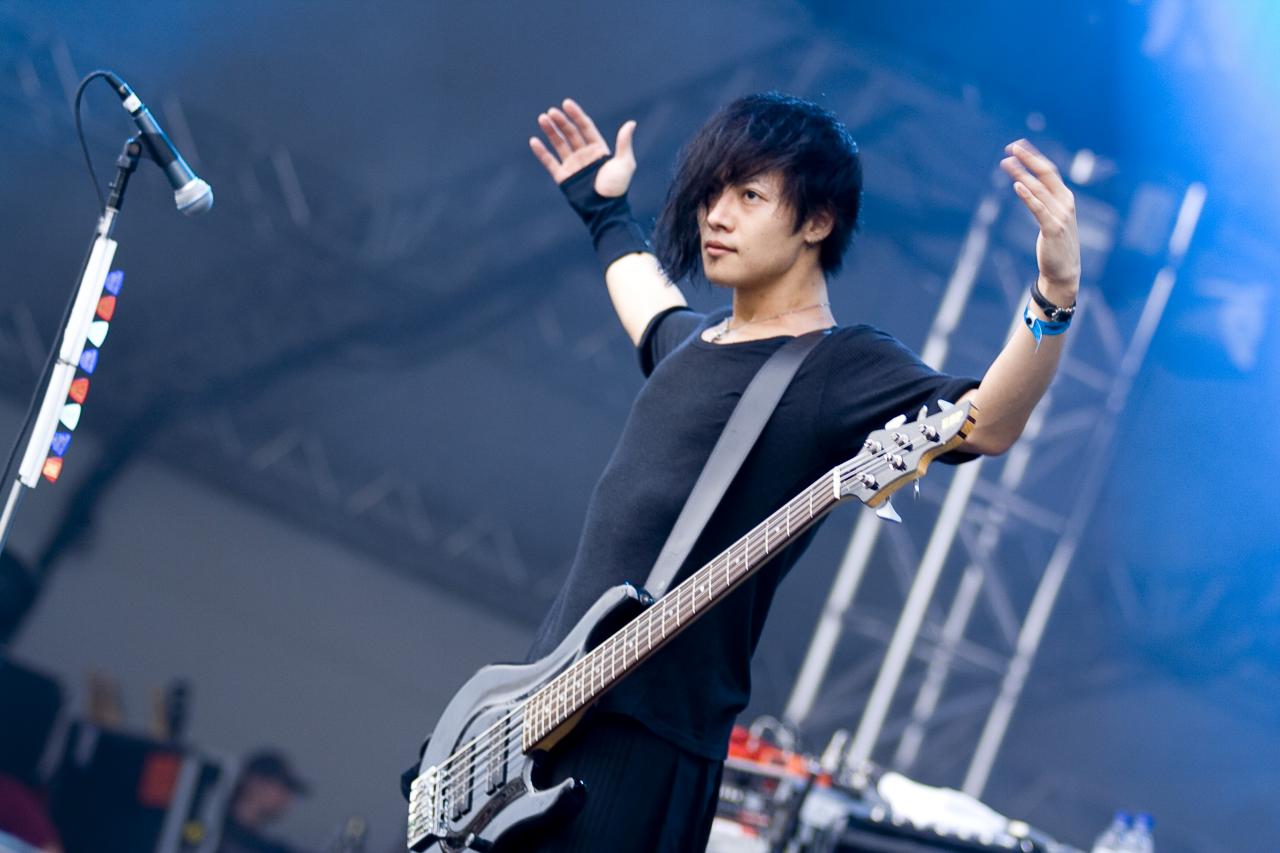by Phillip Donnelly:
WHAT’S NEW?
There is nothing new under the sun, at least not in the world of fiction. We are all, it would appear, either listening to or retelling the same old story. Every hero you can think of, from Marvel’s comic book superheroes to Luke Skywalker, from the Christ to the Buddha, is nothing more than an archetype on a journey that we have been making again and again since the dawn of consciousness.
Or so Vladimir Propp and Joseph Campbell would have us believe.
THE HERO AND THE QUEST
Campbell’s ‘Monomyth’ and Propp’s ‘Morphology of Folk Tales’ are similar in that they have both examined wide corpora of texts and extrapolated common threads and themes. While the soviet scholar Propp restricted himself to fairy stories, Campbell went further and looked for similarities in religious literature. He claimed to have tied religions as disparate as Buddhism and Christianity together into one generic storyline.
In both Campbell and Propp’s theories, it is the ‘quest’ and the role of the hero that dominate. Characters tend toward archtypes and exist only as the ‘hero’ or extensions of the hero–the ‘villain’, the ‘helper’ and the ‘false hero’.
Campbell, in ‘The Hero with a Thousand Faces’, summarised the quest as follows:
“A hero ventures forth from the world of common day into a region of supernatural wonder: fabulous forces are there encountered and a decisive victory is won: the hero comes back from this mysterious adventure with the power to bestow boons on his fellow man”
Star Wars and the Matrix, for example, are simple quest stories. Indeed, if one were to spend a weekend in a movieplex and watch every blockbuster on offer, one would be hard pressed to find a single film without the same three-act quest pattern. Most characters have no character and are little more than roles on which to hang the archetypal hero plot.
HERO IS BOX OFFICE SMASH
Of the top ten box office successes in the US (see below) every single one centres around the quest made by a hero figure, and with the exception of Titanic, all of them involve the supernatural, although it is often wrapped in the cloak of science-fiction. All of the films end with a decisive victory against impossible odds and finish glorifying a hero who has “the power to bestow boons on his fellow man.”
- Avatar
- Titanic
- The Dark Knight
- Star Wars: Episode IV
- Shrek 2
- E.T.
- Star Wars: Episode I
- Pirates of the Caribbean
- Toy Story 3
- Spider-Man
WHY DO WE NEED HEROES?
But why do we feel the need for this hero figure so greatly that we will build so much of our culture around it?
It seems to me that the desire to become omnipotent is crucial in ‘Monomyth’ and ‘Morphology’. With Propp’s fairytale analysis, the child’s desire to become an adult is more obvious, but even with Campbell, we can see the wish to move from mere mortal to divine absolute; the desire to transcend the restrictions placed on us by tedious mortality; the will to become the superman.
GRIM CONCLUSIONS
Personally, I find this all rather depressing. Are we no more than beasts deprived of reason who plough the same fields day after day, doomed to repeat the same old tricks like an old dog which cannot learn a new one?
In a way, I fear, the answer is yes. We do not expect more than a certain repertoire of behaviours from an animal, and we are just tool-making animals, so why should we be expected to do anything other than tell the same story over and over? Dogs dream of bones, not of Nietzsche.
And yet, we are more than animals, my heart cries out. We have landed on the moon, built cities of glass and concrete, tamed nature and bent the planet to our will. So, why can’t we come up with an original plot?!
What marks a writer of genius, perhaps, is that their heroes go beyond the archetype. Their heroes are flawed and multidimensional, like Shakespeare’s Hamlet and Joyce’s Stephen. They ‘hold a mirror up to nature’, and in so doing, they show us as we are and not as we would like to be. Their plots, however, are not new. Hamlet is a basic revenge story and Ulysses is deliberately modeled on Homer’s Iliad.
And if I may end where I began, and join the ashes of the last paragraph to the dust of the first, we are all telling the same old story, and all that marks a good writer from a bad one is that the good writer will tell the story well.
METAFICTIONAL POSTSCRIPT
Propp’s theories led me to create my own dark piece of fiction, Proppland, which was later published at Weirdyear.
After completing a psychology degree, Phillip Donnelly realised that he was profoundly misanthropic and set about travelling the world looking for aliens to take him to another planet. He has written two novels (‘The Screen’ and ‘Letters from the Ministry’), a novella (‘The Inaction Man’), a book of short stories (‘Boots’) and four books of travel writing on India, China, Vietnam, and Lebanon. He has just signed ‘Letters from the Ministry to Rebel ePublishers which should be coming out at the end of next year. Heis now finishing his latest novel, Kev the Vampire. More information can be found at his website: www.ministryfox.com
















1 Comment